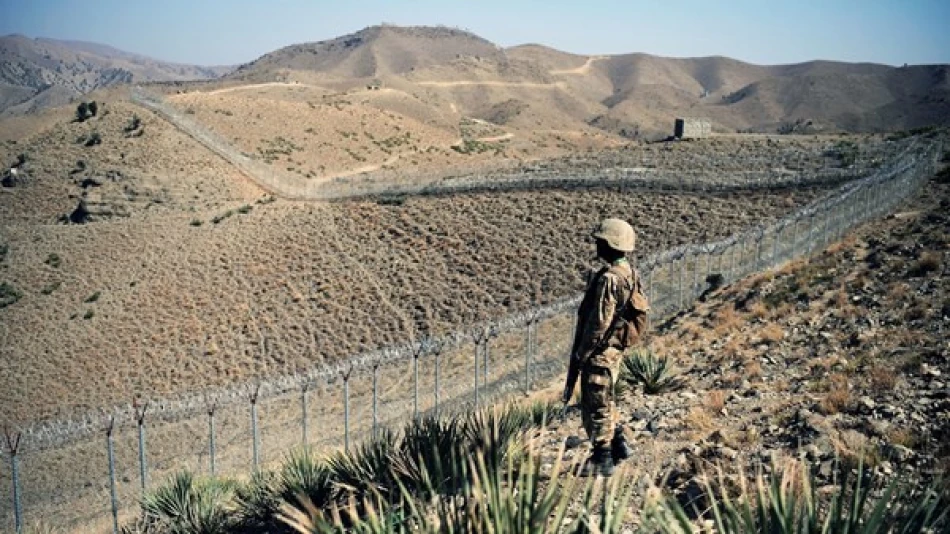
Deadly Clashes Erupt at Pakistan-Afghanistan Border: A Tense Geopolitical Flashpoint
Pakistan's military reported that five soldiers and 25 militants died in border clashes with Afghanistan over the weekend, even as diplomats from both countries meet in Istanbul to prevent the conflict from spiraling out of control. The fighting marks the most serious violence between the neighbors in years.
The militants tried to cross into Pakistan on Friday and Saturday in the rugged Kurram and North Waziristan regions along the northwestern border, according to Pakistan's military spokesman. These mountainous areas have long been flashpoints for cross-border violence.
The current crisis started when Pakistan demanded that Afghanistan's Taliban government crack down on militant groups operating from what Islamabad calls "safe havens" inside Afghan territory. When talks failed, both sides exchanged heavy gunfire and Pakistan launched airstrikes across the border. The escalation forced both countries to agree to a ceasefire in Doha last Sunday.
Pakistan's Defense Minister Khawaja Mohammad Asif said Saturday that the truce is holding and he believes Afghanistan wants peace. But he warned that if the Istanbul talks fail, it could mean "open war" between the two countries.
The stakes are high for both nations. Pakistan has struggled with militant attacks for decades, many launched from the porous Afghan border. Afghanistan's Taliban government, meanwhile, is trying to establish international legitimacy while managing various armed groups within its territory. A full-scale conflict would destabilize an already volatile region and could draw in other powers with interests in South Asia.
The timing is particularly sensitive as Afghanistan faces a severe humanitarian crisis and Pakistan deals with its own economic challenges. Neither country can afford a prolonged military confrontation that would drain resources and complicate their relationships with international partners.
Most Viewed News

 Layla Al Mansoori
Layla Al Mansoori






